Dhaka, Feb 25 (V7N) –Transparency International Bangladesh (TIB) has said the country's government procurement sector is hostage to monopolistic contractors.
TIB Executive Director Dr Iftekharuzzaman made this claim at a press conference organized at the TIB office in the capital on Tuesday, to mark the release of a report titled "Market capture, collusion and political influence in government e-procurement in Bangladesh."
The research report by TIB revealed that, especially in the Ministry of Housing and Public Works, the top 5% of contractors control 74.96% of the total project value. In addition, the trend of market capture by top contractors has increased in the last decade.
On average, 61% of the work orders in the ten ministries are controlled by 5% of contractors. This control rate varies from 74-84% depending on the ministry, it said.
On the other hand, the lowest 10% of contractors receive less than 1% of the work orders on average, as per the report.
The TIB research report highlighted the issues of market capture, contractor collusion and political influence in the government e-procurement (e-GP) system in Bangladesh.
It said the government procurement sector is in a hostage situation.
Dr Iftekharuzzaman said: "The procurement sector is the most corrupt sector in all countries of the world. However, it is controlled in all countries. But in our country, there is no control, rather we are losing control. We presented a picture of that today."
He also said: "There were three issues in our study. First, from 2012-2024, work orders worth Tk596,991 crore were given through e-GP. Of this, the top 10 ministries spent about 92% of the money, which amounts to Tk540,950 crore."
He further said that in addition to single control, joint ownership contracting has been added to it by exploiting loopholes in the policy.
Due to this, single authority in the name of joint ownership has become deeper.
Nine major contracting networks active
The TIB research revealed that top contractors dominate large projects by forming joint ventures (JVs), further strengthening their market control.
In the Road Transport and Highways (RTHD) sector, nine major contracting networks operate, where just 11% of contractors control 93.55% of the total project value. Moreover, 1% of contractors hold an overwhelming 72.9% market share, according to the report.
Similarly, in the Ministry of Water Resources, only 38 contractors account for 30.9% of the contracting market, with 9% of them controlling 91.5% of the total project value, it said.
In the Ministry of Housing and Public Works, 7.45% of contractors dominate 71% of the market, while 81 contractors collectively hold 32.32% of the total market share, it mentioned.
In the Local Government Department (LGD), 9.74% of contractors control 62.88% of the total project value, and just 1% (294 contractors) capture 27.7% of the market, it noted.
The report highlighted that changes in political leadership significantly impact the dominance of top contractors.
For example, the list of the top 10 contractors in Chittagong City Corporation was completely reshuffled following a change in mayoral leadership.
A similar shift occurred in the Ministry of Industries after a new minister took office.
The findings were presented at the press conference by Mohammad Tauhidul Islam, director of Outreach and Communication.
The research was conducted in collaboration with Prof Sumaiya Khair, adviser, Executive Management TIB; Outreach and Communication Data Visualization Assistant Coordinator Rifat Rahman; and KM Rafiqul Alam.
The TIB report put forward several recommendations to the Bangladesh Public Procurement Authority (BPPA) to enhance transparency and competition in the government e-procurement system.
It emphasized the need for strict reviews of joint venture (JV) firms and suggested limiting JVs when a single contractor is capable of executing a project independently.
It said measures should be implemented to prevent market capture, ensuring fair competition.
Additionally, the report urged the adoption of international procurement standards and the mandatory disclosure of true ownership information.
It also recommended that high-value contracts be brought under the e-procurement system to reduce the risk of collusion and monopoly control.
According to TIB, regular monitoring, capping market shares, and ensuring transparency in beneficial ownership are essential steps to curb contractor dominance and establish good governance in government procurement.
END/MSS/AJ



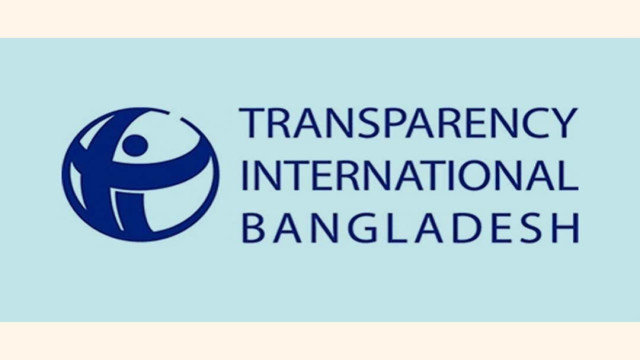
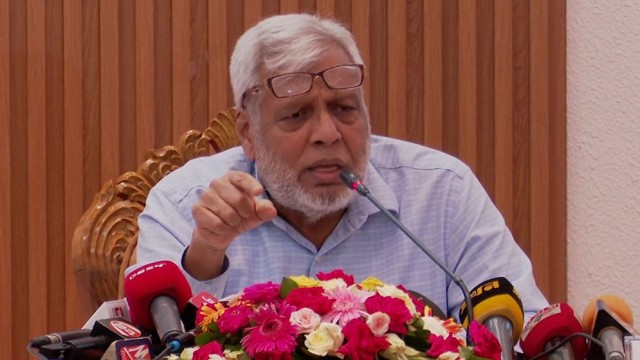
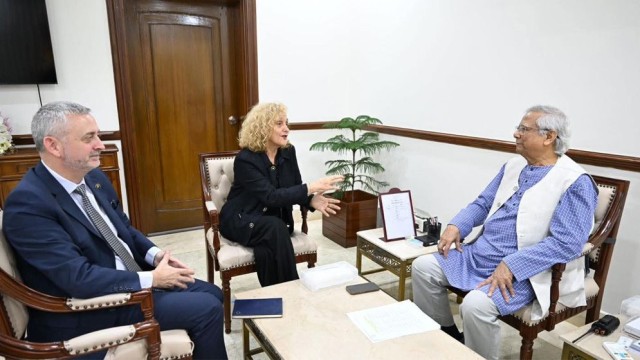
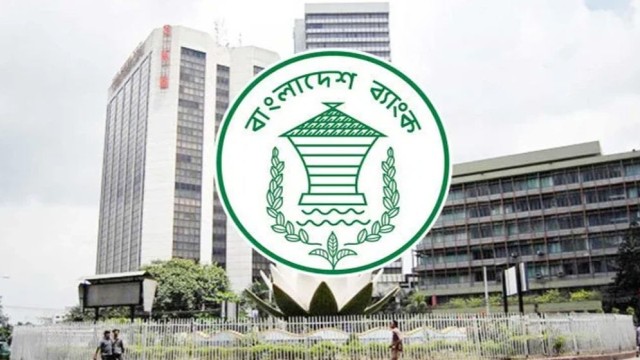

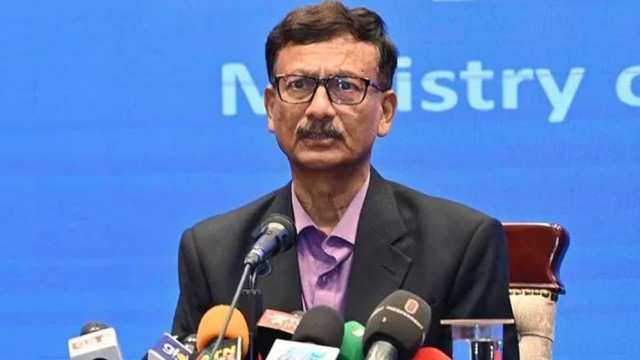
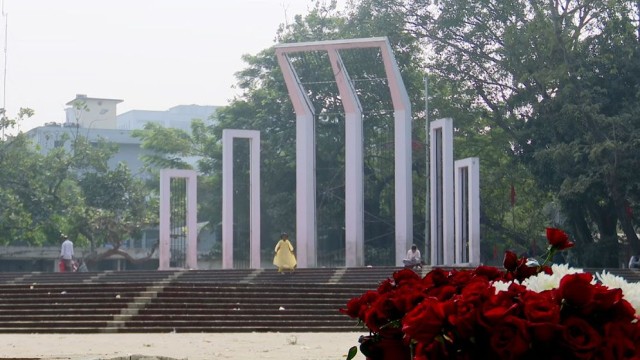
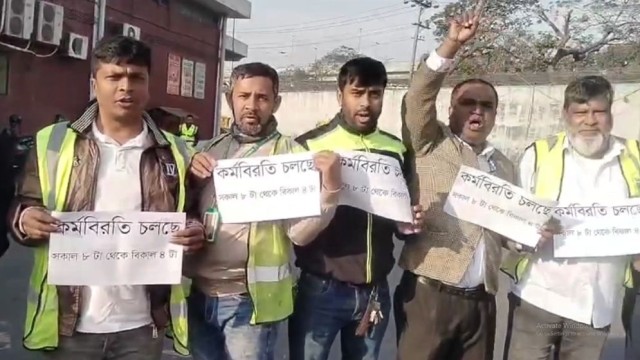

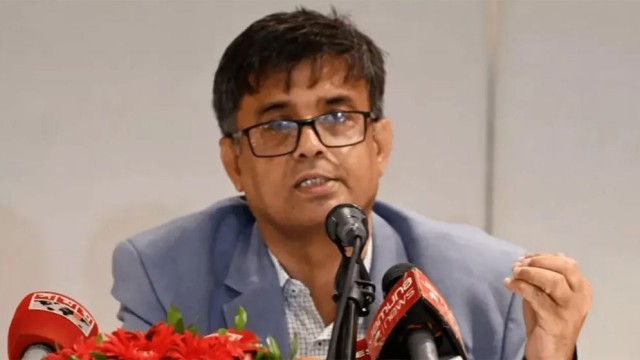
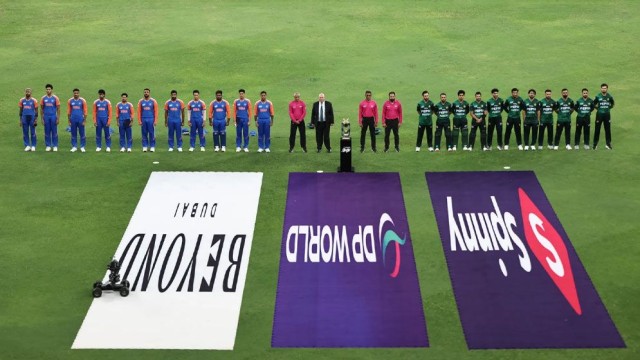
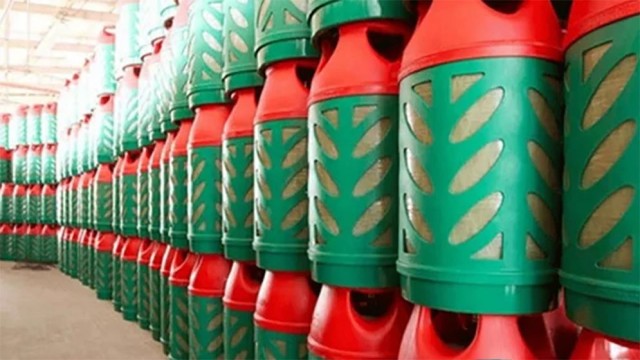
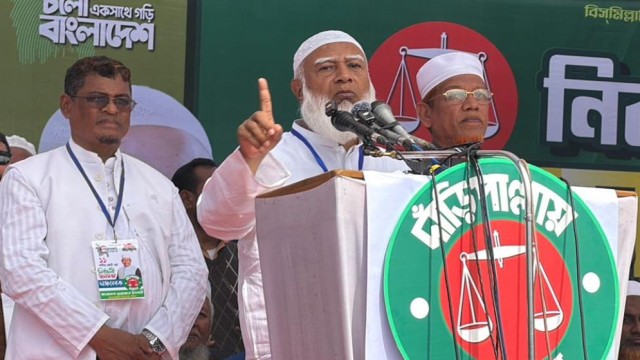







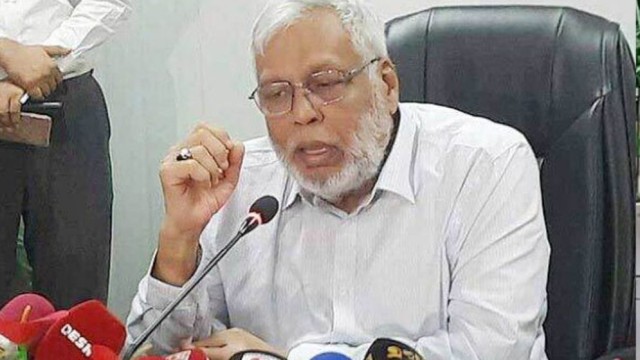


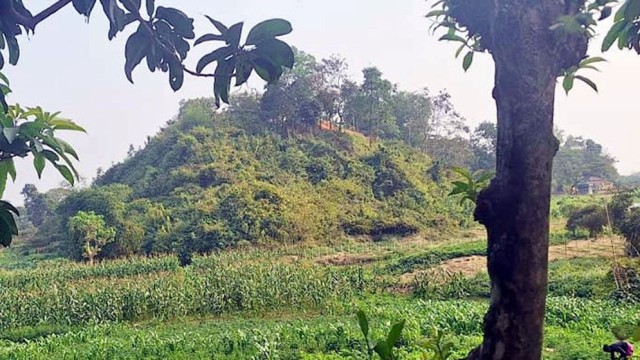



Comment: